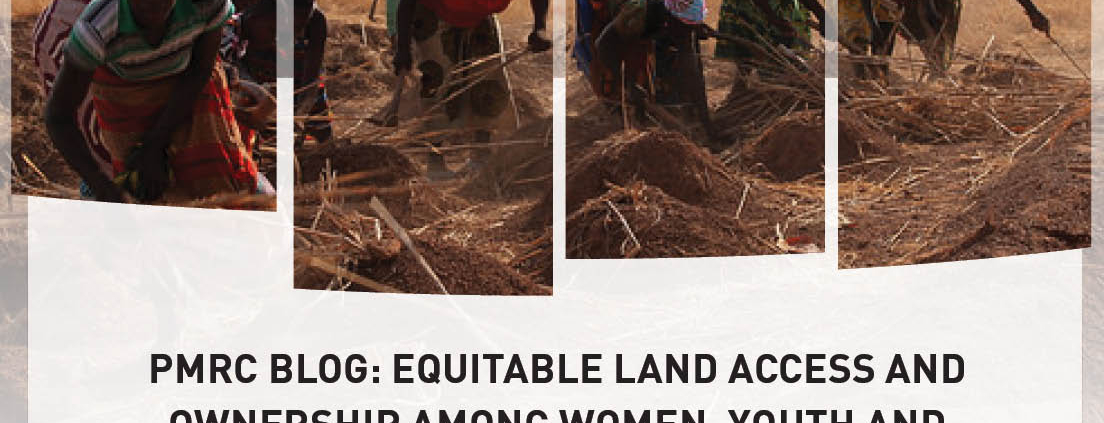Equitable access to and ownership of land is cardinal in fostering socio-economic development that results in empowerment for all citizens. However, key sections of society such as women, youth and persons with disabilities have continued to face barriers in the acquisition and ownership of land. This is partly attributed to social practices and beliefs as well as the lack of economic inclusion, which have excluded certain sections of society from owning land by virtue of their socio-economic status, physical ability and gender.
The United Nations Charter of 1945 which Zambia is a signatory to, recognises human rights and economic and social development as closely interrelated. The Charter acknowledges the implications of insecure land tenure on people’s livelihoods, dignity and survival. Hence, there is need for changes in societal norms to ensure that vulnerable groups have unrestricted access to land, secure land rights and are empowered to make their own decisions about land use.
Given the dual nature of Zambia’s land tenure, women, youth and persons with disabilities tend to hold land on customary tenure because it is cheaper and relatively easier to access than state land. However, the lack of security of land due to inadequate documentation to claim ownership has made it easier for people to be displaced. Recognising this challenge, Government has been rolling out a National Land Titling Programme in order to secure land ownership rights to land holders. However, there is an urgent need to amend the 1995 Lands Act in order to guarantee customary land rights.
As a fulfillment to Government’s commitment to uphold human rights, the 2021 National Lands Policy was instituted to address the various challenges related to access and control over land and its resources with special recognition to women, youth and persons with disabilities. This is especially important since securing land rights reduces their vulnerability through increased individual agency and socio-economic status.
Several policy measures have been put in place in order to allow for equitable land distribution. These include; facilitating the ownership of land by Zambian citizens in order to promote decent livelihoods and socio-economic development, regulating the land ownership of non-Zambians in order to facilitate reasonable access to land, achieving a gender sensitive and youth friendly land sector which is inclusive of persons living with disabilities and other socially marginalized groups, strengthening the land allocation mechanisms in order to improve security of tenure, among others.
Additionally, land distribution quotas have been effected in order to improve access and ownership of the resource. Government has revised land distribution quotas to 50% of available land for alienation being reserved for women and 20% for the youth and Persons with Disabilities. This pronouncement is also in line with promoting gender equality and socio-economic inclusion of women, the youth and persons with disabilities as envisaged in the National Gender Policy, National Youth Policy and National Disability Policy. It has also aided in uplifting livelihoods and enhancing greater participation of all citizens in national development.
Furthermore, Government’s revision of the contractual age for youths to own land from 21 to 18 years will make land more accessible to young people and enable them to contribute to the growth of the economy by venturing in agricultural and entrepreneurial activities. This affirmative step will empower women, youths and persons with disabilities through ownership of assets, which can be used as collateral to obtain financing from formal financial lending institutions such as banks. These policy measures need to be implemented effectively in order to enhance access and ownership of land to key groups and other marginalised persons in line with Government’s aspirations of promoting gender equality, inclusivity as well as equitable distribution of the country’s resources.
By Alice Pearce- Senior Researcher



